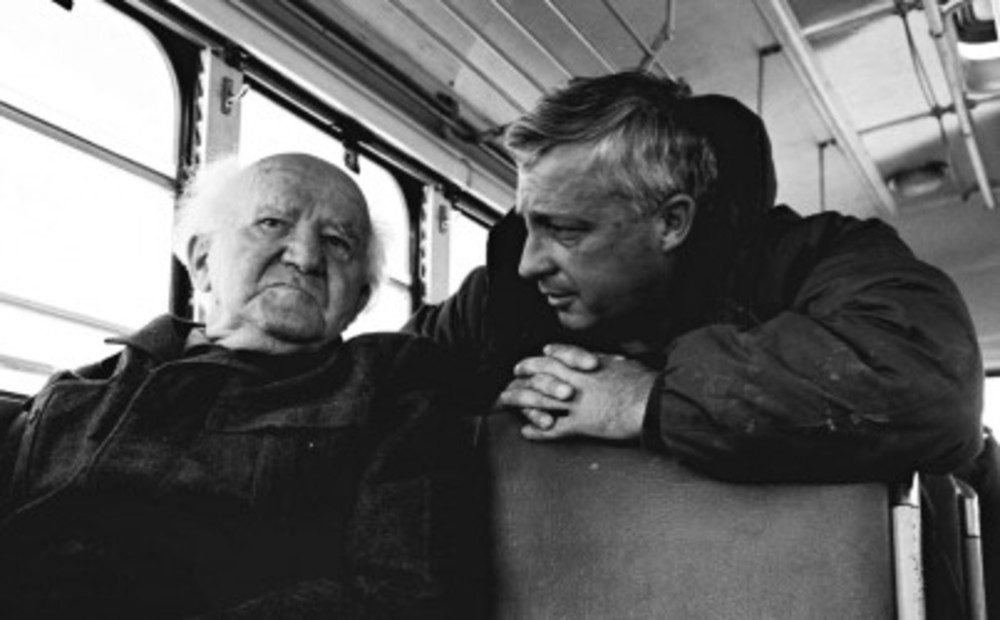A timeline: Israeli Prime Minister Ariel Sharon’s life
 1928 — Born Ariel Sheinerman in Kfar Malal, near Tel Aviv.
1928 — Born Ariel Sheinerman in Kfar Malal, near Tel Aviv.
1942-48 — Member of the Haganah, the pre-state Jewish fighting force.
1948 — Wounded while serving as an infantry commander in Israel’s War of Independence.
1952-53 — Studies history and Oriental studies at Hebrew University.
1953 — Founder and commander of the Unit 101 anti-terror force, which carries out raids in retaliation against Arab attacks. One raid by Unit 101 leaves 69 dead in the Jordanian-controlled West Bank village of Qibya and draws international condemnation.
1954-57 — Commander of a paratroop brigade that captures the strategic Mitla Pass during the 1956 Sinai War with Egypt.
1957 — Attends Camberley Staff College in Great Britain.
1958-62 — Studies law at Tel Aviv University.
1964-65 — The Israel Defense Forces chief of staff, Yitzhak Rabin, appoints him to be chief of staff for the Northern Command.
1967 — During the Six-Day War, commands an armored division in the Sinai Desert and directs a battle that successfully recaptures the Mitla Pass and the corridor to the Suez Canal.
1969-73 — Heads the IDF’s Southern Command. After August 1970, focuses on fighting Palestinian terrorism in the Gaza Strip.
1973 — Retires from the military to pursue political career and works at establishing the Likud Party. With outbreak of Yom Kippur War, returns to active military service to command an armored division that crosses the Suez Canal.
1973-74 — Elected to Israel’s eighth Knesset, under the Likud banner.
1974 — Proposes that Israel negotiate with Palestinians toward the establishment of a Palestinian state in Jordan.
1975-76 — Appointed special defense adviser to Prime Minister Yitzhak Rabin.
1976 — Forms the Shlomtzion Party. The party wins two Knesset seats, but soon merges into the Likud.
1977-81 — Minister for agriculture and chairman of a ministerial committee for settlement under Prime Minister Menachem Begin. Considered a patron of the Gush Emunim settlement movement, Sharon advocates establishing a network of Jewish settlements.
1981-83 — Appointed minister of defense by Begin.
April 1982 — Carries out last phase of Israeli evacuation from northern Sinai as part of peace agreement with Egypt.
1982 — With Sharon as defense minister, Israel invades Lebanon in Operation Peace for the Galilee.
1983-84 — Resigns as defense minister but remains as minister without portfolio after a government commission finds Sharon indirectly responsible for the September 1982 massacre of Palestinians by Lebanese Christian forces at the Sabra and Shatila refugee camps.
1984 — Files a libel suit against Time magazine over article on Sharon’s role in the Lebanon war. A New York jury eventually rules that the article was defamatory but did not have malicious intent.
1984-90 — Serves as minister for industry and trade in national unity government.
1990-92 — Named minister for construction and housing in a Likud-based government formed by Yitzhak Shamir. Continues to encourage development of settlements in territories and oversees vast construction effort to create housing for massive wave of immigration from former Soviet Union.
1991 — Objects to Madrid peace conference under Shamir.
1996 — Prime Minister Benjamin Netanyahu creates national infrastructure portfolio for Sharon in new Likud-led government.
1998 — Becomes foreign minister following resignation of David Levy; helps negotiate Wye River accord.
1999 — Netanyahu resigns as Likud leader and appoints Sharon as caretaker. Sharon later wins the position outright in a party vote.
July 2000 — Prime Minister Ehud Barak is left without a parliamentary majority when Shas, National Religious Party and Yisrael Ba’Aliyah leave the government over the Camp David summit.
Sept. 28, 2000 — Sharon visits the Temple Mount in Jerusalem and Palestinian riots erupt, marking start of second intifada.
December 2000 — Barak’s resignation forces new elections for prime minister. Sharon becomes the Likud Party candidate.
2001 — Sharon wins prime ministerial election in a landslide, garnering 62 percent of the vote to Barak’s 38 percent. He forms a unity government with the Labor Party.
2002 — After escalation of Palestinian suicide bombings in the second intifada, Sharon launches Operation Defensive Shield and Operation Determined Path. Sharon also begins construction of a separation barrier between the West Bank, Gaza and Israel.
January 2003 — Sharon wins a second term as prime minister, and Likud doubles its Knesset faction to 38 seats.
December 2003 — Sharon surprises his base by announcing disengagement plan, wherein Israel would withdraw fully from the Gaza Strip, relocating almost 10,000 settlers.
July 2004 — Sharon sparks controversy by calling on French Jews to make aliyah due to rising anti-Semitism in France.
November 2004 — Yasser Arafat dies. Sharon says he will meet with the new Palestinian leadership but continues advancing his disengagement plan.
July 2005 — The IDF executes the disengagement plan, encountering widespread civil disobedience but little violence from settlers. Sharon addresses the Israeli public.
November 2005 — Facing opposition from the Likud due to the disengagement, Sharon breaks off from his party and forms the centrist Kadima Party ahead of the 2006 elections. Sharon’s allies in Likud, as well as several Knesset members from other parties, join Kadima.
January 4, 2006 — Sharon suffers the second of two strokes in quick succession, leaving him in a vegetative state.
January 11, 2014 — After eight years in a coma, Sharon dies from multiple organ failure at age 85.







